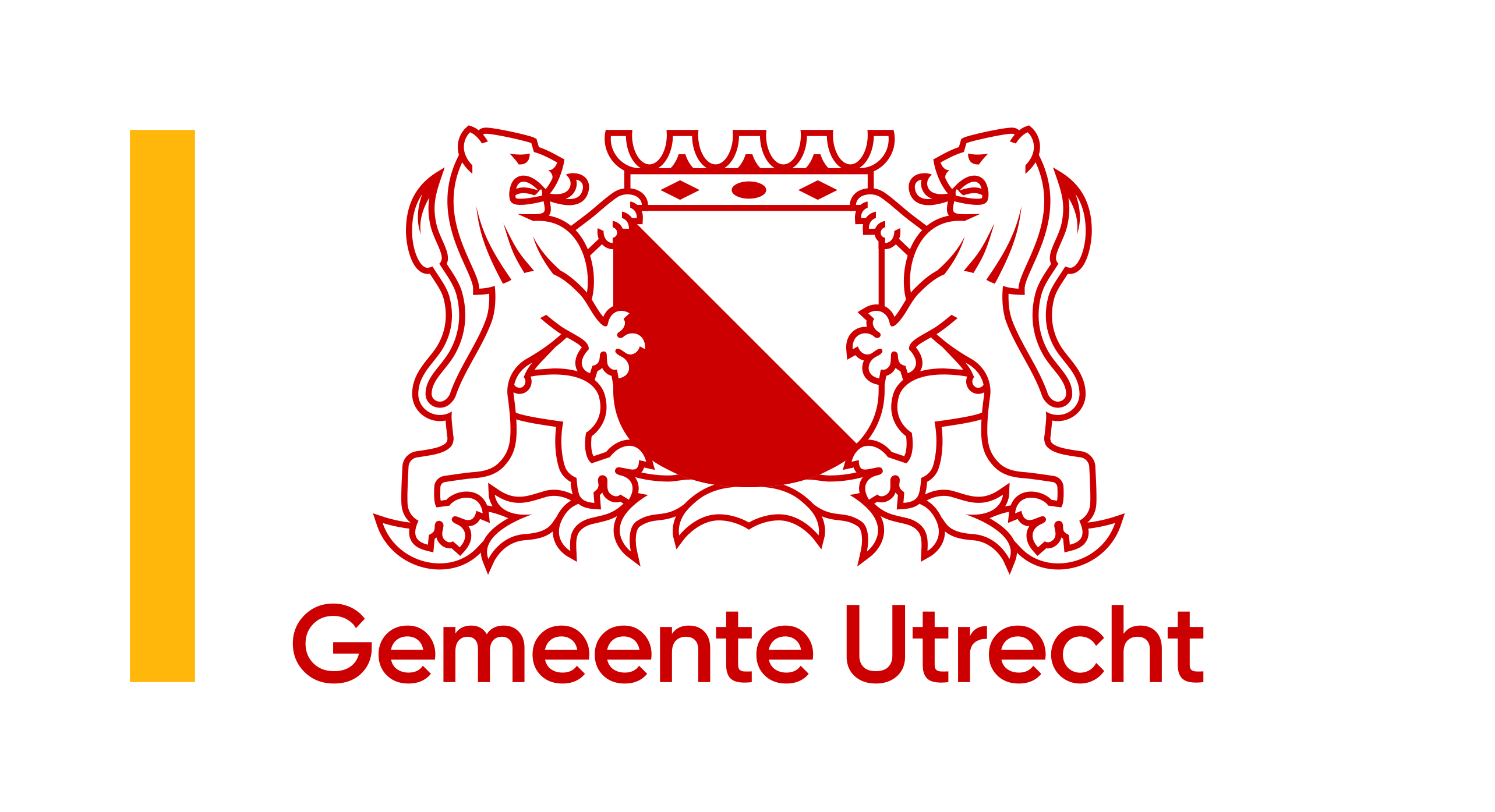Veterinary Medicine researchers work on research project on endocrine disruptors
What effects do endocrine disruptors have on our health? What role do they play in the development of liver diseases? And how do they affect the immune system and possible lung and cardiovascular diseases? Researchers from Utrecht University's Faculty of Veterinary Medicine (Institute for Risk Assessment Sciences) are collaborating on two major new international research projects funded by the European Union (Horizon Europe)."We know that children are already exposed to a large number of chemicals during and after pregnancy. Some of these can have an effect on the endocrine and immune systems," said Roel Vermeulen, professor of Environmental Epidemiology and Exposome Analysis at Utrecht University and UMC Utrecht. "In the new ENDOMIX project, we will further find out to what extent the immune system plays a role in the effects these endocrine disruptors have on children's health and later in life."
"We know that children are already exposed to a large number of chemicals during and after pregnancy. Some of these can have an effect on the endocrine and immune systems," said Roel Vermeulen, professor of Environmental Epidemiology and Exposome Analysis at Utrecht University and UMC Utrecht. "In the new ENDOMIX project, we will further find out to what extent the immune system plays a role in the effects these endocrine disruptors have on children's health and later in life."
Contact with combinations of substances
Part of the project focuses on combinations of substances. "Testing mixtures of substances is one of the biggest challenges within toxicology," said Raymond Pieters, associate professor and toxicologist at UU. "But it is very relevant, because in real life we come into contact with combinations of substances. With our knowledge, we can play a unique role in this project."
Obesity and type 2 diabetes
The other project (EDC-MASLD) examines the influence of endocrine disruptors on the development of fatty liver disease. Fatty liver disease, previously thought to be primarily related to alcohol consumption, appears to have a wide range of risk factors, including obesity and exposure to various environmental factors. These include harmful chemicals in the environment.
"The development of fatty liver disease often goes hand in hand with obesity and type 2 diabetes, and there is strong evidence that endocrine disruptors play a role in this," said Jorke Kamstra, associate professor and toxicologist involved in this research. "In this project we are going to investigate how and to what extent these substances can influence this syndrome."
In both projects, the IRAS toxicology and epidemiology departments are working intensively together. "That is the strength of our research institute where we can seamlessly bring together knowledge from molecules, cells, organs to individuals and populations," Vermeulen says. "That's really unique."
The ENDOMIX project is led by the Helmholtz-Zentrum für Umweltforschung UFZ in Leipzig. The total budget is 6.9 million euros, of which 1 million is for Utrecht University's research. Participating in the project are researchers from Germany, France, Spain, United Kingdom, the Netherlands (UU), Czech Republic, and Austria.
The EDC-MASLD project is led by Sweden's Örebro University and funded by the European Union (Horizon Europe). The total budget is €6.5 million, of which €1.2 million is for Utrecht University's research. Participating in the project are researchers from Sweden, the Netherlands (UU), Germany, Italy, Norway, France, Spain, Finland and England.
Source: Utrecht University








